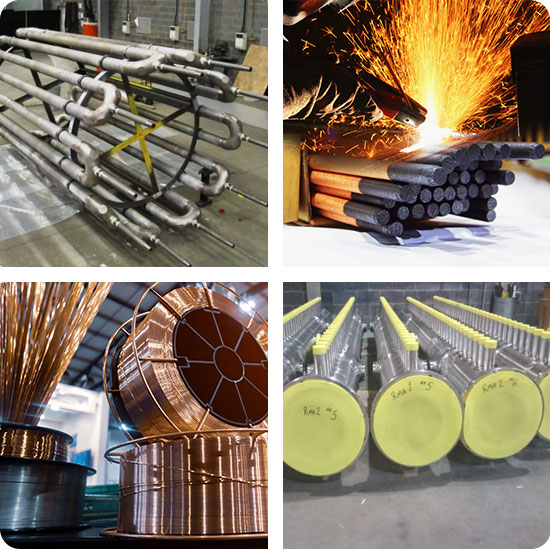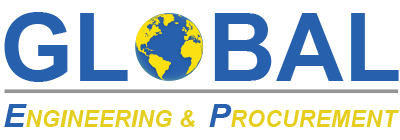IMPORT-EXPORT
With over 25 years in business, our extensive cooperation with industries has enabled us to establish an efficient system of Importation and Exportation world wide.
We provide an overlay to the operational management process that ensures the goods are of proper quality, insured, shipped on time, and that the end buyer pays in a timely fashion thus enabling the success of each transaction. GLOBAL is managed by professionals with extensive backgrounds as well as professionals from manufacturing and trading. Together we bring our combined expertise to address the funding needs of our clients.
Provides one-stop Trade and logistics management including inspection, insurance, freight, and customs.
INDUSTRIES INCLUDE BUT ARE NOT LIMITED TO:
- Oil & Gas
- Petrochemical
- Chemical
- Power generating
- Cement
- Premium Goods

IMPORT
The importer has to consider various regulatory issues while importing: duties, tariffs, quotas, hazardous materials, FDA requirement, best mode of transportation, country of origin restrictions, etc. Also while negotiating with the supplier, the importer has to decide on what basis to purchase the goods such as FOB, CIF, DDP, etc. (Please see the Letter of Credit section).
Finding the right supplier can be key. This will ensure that the goods are delivered on time in the quality and quantity required so that the importer meets its obligations to its buyers. Having an experienced Purchase Order (PO) Financing Company working with the importer can also be critical as the PO Finance Company will not only provide the capital but also the required logistic discipline.
EXPORT
Export financing is not only critical for the individual Exporter but also for the country as it directly affects the balance of payments of the exporting country.
The Exporter has various issues to consider:
- The credit worthiness of the Buyer in the foreign country
- Cancellation of orders in the middle of production
- Dilution arising from delay in shipment.
- Whether the quality required by the End Buyer can be met by the factory.
- The mitigation of the payment risk
- Procurement of the raw materials
- Production bottlenecks
- Currency risk. The payment risk can be mitigated by:
- Receiving some down payment before starting production. This generally varies from 10% to 30% of the order.
- Order to be backed by Letter of Credit. While accepting Letters of Credit, the following should be considered:
Quality of the issuing bank.
b. Should be irrevocably and generally at sight payment terms.
c. What currency?
d. Whether the documents required to be paid under the Letter of Credit are simple and straight forward. Generally documents required are: Invoice, Packing List, Bill Of Lading, sometimes Inspection Certificate issued by a bonafide third party. There should be no document required that is under the control of the Letter of Credit opener or the issuing bank. - Documents Against Payment (DP). Here the Exporter has control over the goods till the importer’s bank pays the Exporter. Once the Exporter is paid or guaranteed payment, the Bill of Lading, the vital title document, is handed over to the Buyer.
- Documents Against Acceptance (DA). The acceptance of the draft or accepting the obligation to pay the Exporter can be undertaken either by a bank or the Buyer itself provided the Exporter finds the Buyer a credit worthy entity.
- Open Account. Here the Exporter takes full risk on the Buyer and hands over the goods based on the Buyers promise to pay. Should only be done selectively.
